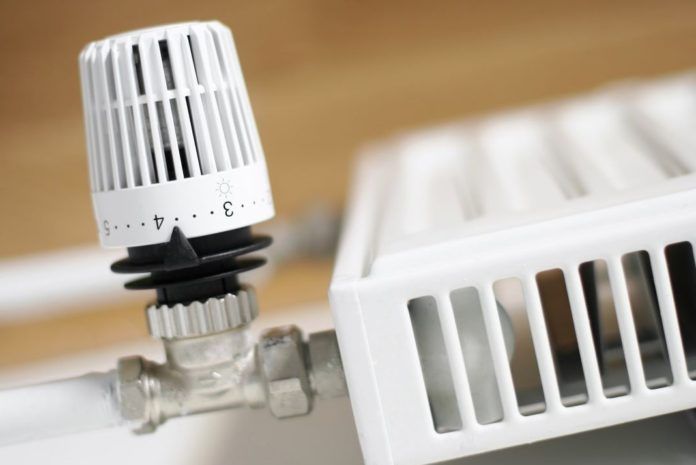
ETI releases new report to support the UK’s transition to low carbon domestic heating.
The Energy Technologies Institute (ETI) has published the outcomes from Phase One of its Smart Systems and Heat programme, detailing how the UK could decarbonise domestic heat to meet its 2050 climate change targets.
The Journey to Smarter Heat, written by the ETI with support from the Energy Systems Catapult, tackled three interconnected areas. These were heating needs and controls within the home, heating infrastructure and building retrofit at a local level and the operation and governance of the whole system.
The report identified the options available, including electrifying heat in individual homes, connecting neighbourhoods to new district heat networks, repurposing the natural gas grid to transport hydrogen or biogas and improving the fabric efficiencies of homes.
The research also showed that, as part of a low carbon heating system upgrade, advanced controls are critical to performance, sizing and operating costs, enabling smaller appliances and lower peak electricity demands and maximising the efficiency of existing infrastructure. With significant fabric retrofits potentially required in around 10 million of the existing 28 million dwellings in the UK housing stock, the report recommended that new homes be both very efficient and “low carbon ready”.
Andrew Haslett, chief engineer at the ETI, added: “As the UK’s largest emitter of greenhouse gases, the supply of domestic, industrial and commercial heat must be decarbonised if the UK is to meet its climate change targets. We believe that the scale and complexity of the transition requires an almost immediate start.
“The next decade will be critical in preparing for any low carbon heating transition, with rapid implementation required from 2025 to build supply chain capability and capacity. It is important that solutions work at the scale of large towns and small cities are demonstrated if we are to roll them out across the UK in time.”
